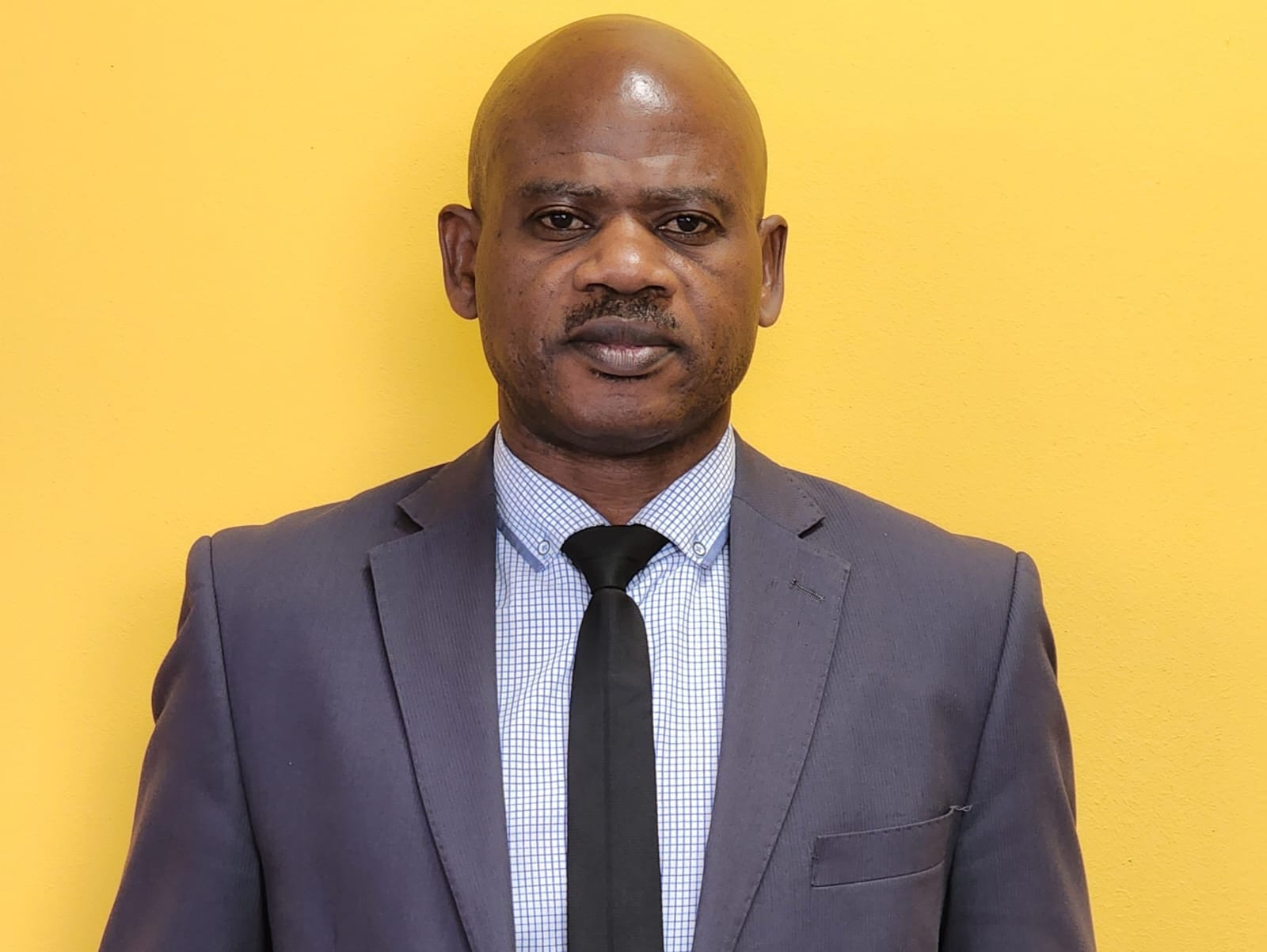EYOMQUNGU: OUR NATIVE GRASS CAN SERVE TO LINK GIS AND IKS TO SAVE EASTERN CAPE

It is universally accepted that the African calendars are significantly linked to many sciences (e.g., astronomy, ethnobotany, anatomy), but the immense potential to improve the associated Indigenous Knowledge Systems (IKS) is generally ignored. January is called eYomqungu in the Xhosa calendar - named for the native grass species (Andropogon gayanus Kunth). Its origins include the tropical and subtropical savannas of Africa where long dry seasons occur. Magnificent anatomical features of this grass include its fibrous root system which spreads widely to support a deep penetrating major root that is rich in energy. This gives the grass a rare combination of being highly drought-tolerant and ability to combat soil erosion. In addition to the nature conservation values, umqungu is the most popular thatch grass of South Africa and a reliable forage grass during the periods of drought. For many years, I have observed deterioration of the Eastern Cape landscape, especially in the former Transkei hinterland from Mount Eylif to Mbashe River. Here, grazing and crop production potential is continually hindered by progressive dongas due to soil erosion. I cannot resist taking pictures to remind me of the Sustainable Development Goal 15. I am now able to confirm that existing research mainly explains the problem and solutions are not provided. What is lacking is a combination of aggressive government extension services to assist the affected communities to partake in research attempts to identify the potential of umqungu to combat the permanent loss of livelihoods linked to soil, namely, food security and natural conservation. We can combine universal soil loss equation model (RUSLE), remote sensing, Geographic Information Systems (GIS), anatomy and genetics to expand the value of African Indigenous Knowledge System (IKS). Technology-infused African knowledge is the vision of Walter Sisulu University in the Eastern Cape, South Africa.
By: Professor Albert Modi, Executive Dean, Faculty of Natural Sciences, WSU
